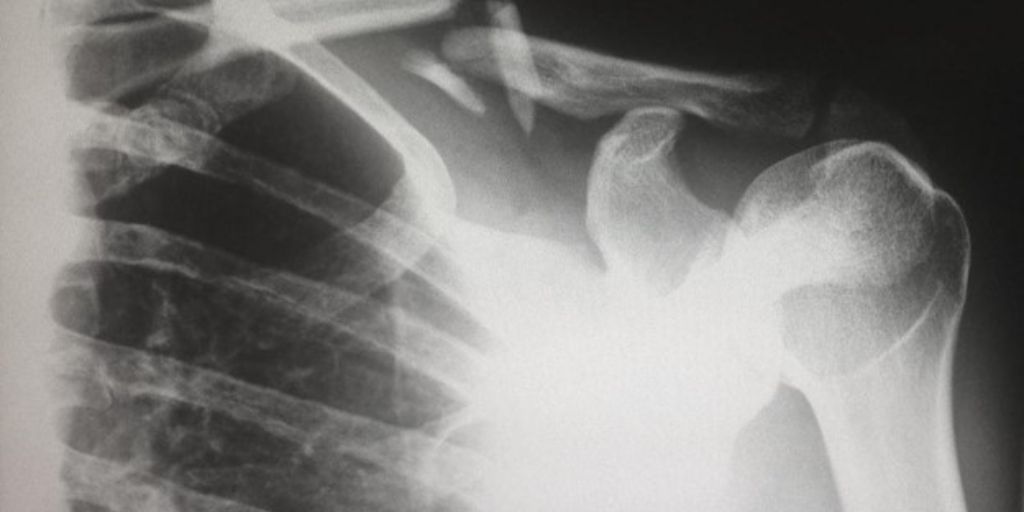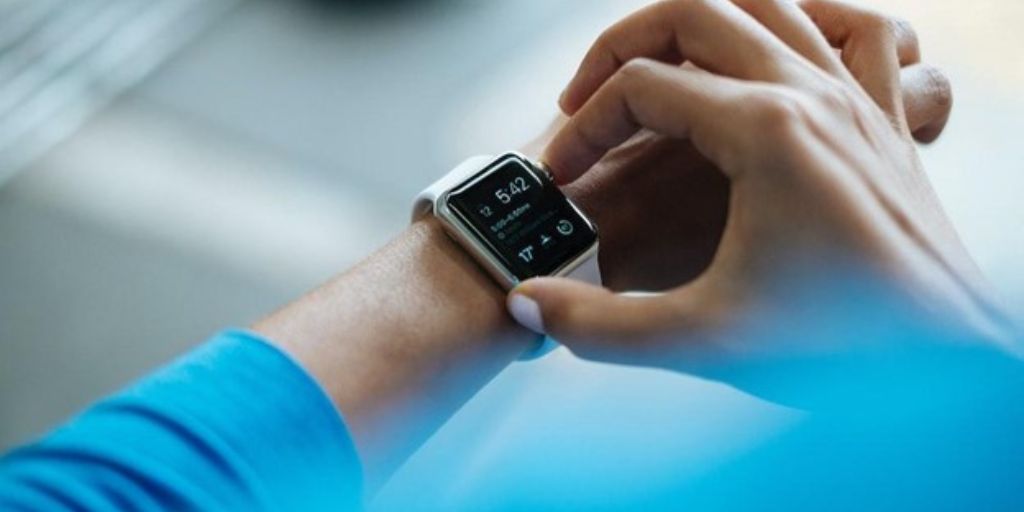
Artificial intelligence (AI) is a popular element in technological apocalypse stories and has been since a surprisingly early period in Earth’s history of fiction literature. However, what is forgotten is that not all AI in fiction is presented as being apocalyptic.
Although murderous AI has been explored in fiction since the 1886 novel Wreck of the World by Reginald Colebrooke Reade (under his pen name “William Grove”), AI is most often attributed to end-of-the-world scenarios. However, the nuance in fiction’s exploration of AI is often lost. For instance, in the childlike AI singularly seeking self-actualisation in William Gibson’s Neuromancer; or Steven Spielberg and Ian Watson’s character of David, an android capable of love, in the 2001 film “A.I.”
Maybe if we had focused on these more sympathetic representations, we’d be more open to the positive changes of artificial intelligence. AI is already prevalent in several industries, one of which is directly responsible for our health; and trends in AI usage in healthcare may mean that hospital education jobs soon include a rubric for the use of AI.
However, the question remains, is the inclusion of AI in healthcare beneficial, or detrimental?
What is Artificial Intelligence?
Artificial intelligence, or AI, is any program or machine that possesses some form of learning ability and autonomy. It is similarly defined as a machine’s ability to replicate the thought processes of human beings.
Our brains are incredibly intelligent. The electrical impulses that make up our range of thoughts, feelings, memories, and impulses can fire off on our synapses at around 120 meters per second. This is several times faster than even high-end computers, but the human brain doesn’t just win out in terms of speed. The organic, home-grown human brain is the only structure capable of lateral thinking, creative problem-solving, and the acceptance, interpretation, and utilization of illogical rationale.
So then why are people making such a big deal out of AI if brains are inherently better?
Because even though our thoughts may operate at ludicrous speeds, and handle a larger variety of tasks, they can’t run forever. We need rest and relaxation to run at full capacity. We need stimulation for our minds to operate properly and stay on task, and when we’re dealing with multiple things at once, it can be easy to fall apart.
A computer doesn’t have these setbacks. Even a low-end computer can perform simple tasks and answer logical questions with accurate results, and it can do so without tiring, needing rest, or getting bored. In other words, AI is the perfect virtual assistant, capable of doing the boring work that you don’t want or like to do so that you can get to the task at hand.

Artificial Intelligence in Healthcare
The common consensus is that AI in healthcare is not only a tremendous help, but it’s here to stay. AI in healthcare is so prolific and accepted, that undergraduate medical students are pushing for medical education courses to include AI-based coursework.
AI has led to several outstanding benefits in healthcare, even though you might never see it. Artificial intelligence has been directly responsible for breakthroughs in the diagnosis, treatment, and ongoing care of people with fertility issues. These include the accuracy of PCOS (Polycystic Ovary Syndrome) diagnoses, personalized treatment plans with IVF (In Vitro Fertilization) cycles that have made the practice more successful, and a decrease in preserving the fertility of cancer patients whose condition may have otherwise adversely affected their ability to conceive.
Not only this but AI has a significant edge over humans in diagnostic speed and accuracy in almost all aspects of healthcare, owing to their ability to rapidly absorb, analyze, and then arrive at conclusions based on sets of provided data. Additionally, AI algorithms are capable of examining X-rays, MRI scans, and more, to identify certain characteristics that a tired, overworked, or inattentive doctor might miss.

What To Look Out For
It is important to note that at this stage all that an AI can do is analyze and arrive at conclusions. This is a logical process and although it is one humans are capable of, AI lacks the creative or lateral thinking capabilities that give human beings the edge of cognizance over machines. However, concerns with AI in healthcare these days aren’t so much related to a machine take-over of the human race – but rather have to do with the security and privacy of information.
Yes, the information is confidential by law and any self-respecting healthcare institution will do all it can to keep patient details private. However, cyberattacks do happen, and when we live in a world where a teenager can fake being a doctor to the point of giving a diagnosis and prescription, it doesn’t take much to see how the data AI crafts could be at risk. All it takes is for a computer nut with the determination of said teen and a fair amount of free time to use an AI to run cyberattacks on hospitals.
However, if our governments and healthcare professionals listen to the experts, there’s no reason to fear AI in healthcare. It’s been here for years, you just haven’t seen it.





